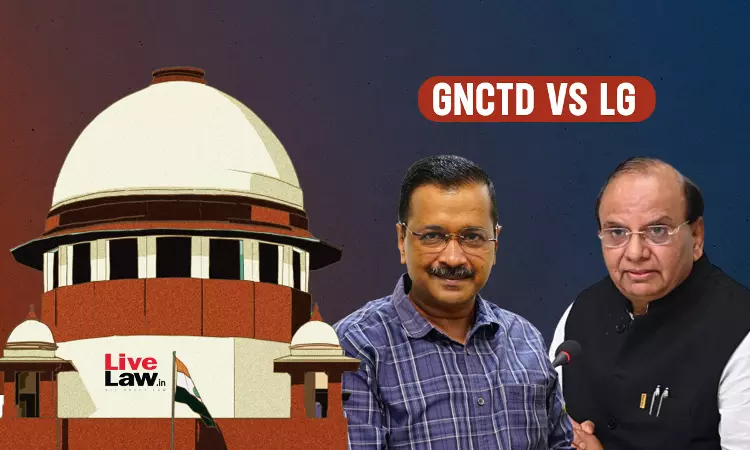'Governance Of States Can't Be Taken Over By Union' : Supreme Court Underscores Importance Of Federalism In Delhi Govt vs LG Case
Awstika Das
11 May 2023 6:38 PM IST

Next Story
11 May 2023 6:38 PM IST
The Supreme Court of India on Thursday emphasised the importance of ensuring that the governance of states is not taken over by the central government, while delivering a crucial verdict confirming that the control over administrative services – barring those related to public order, police, and land – in the national capital belonged to the government of the national capital...
